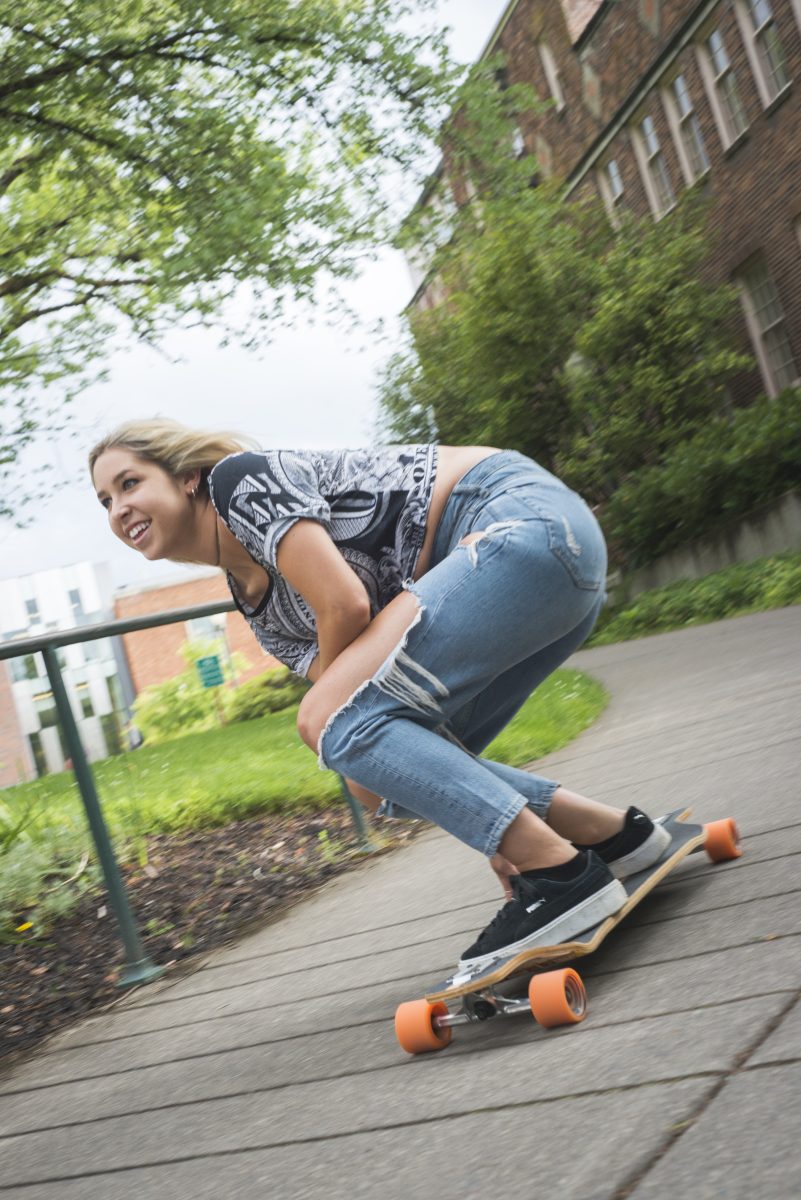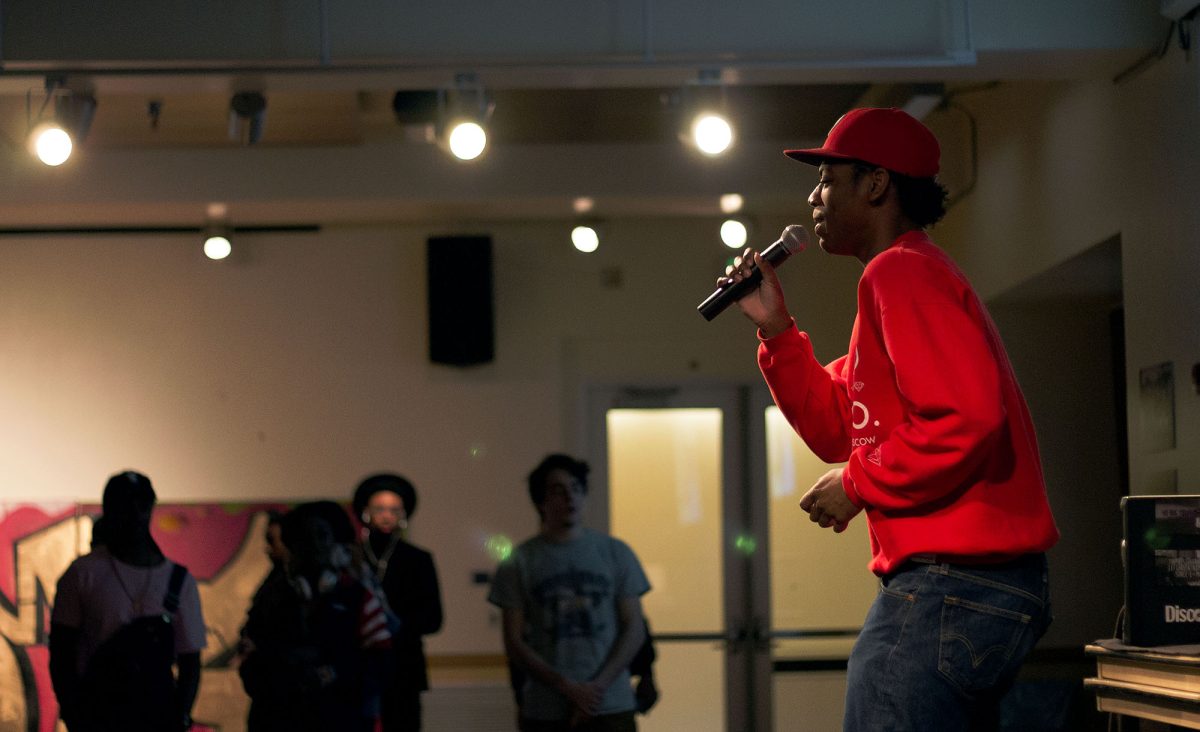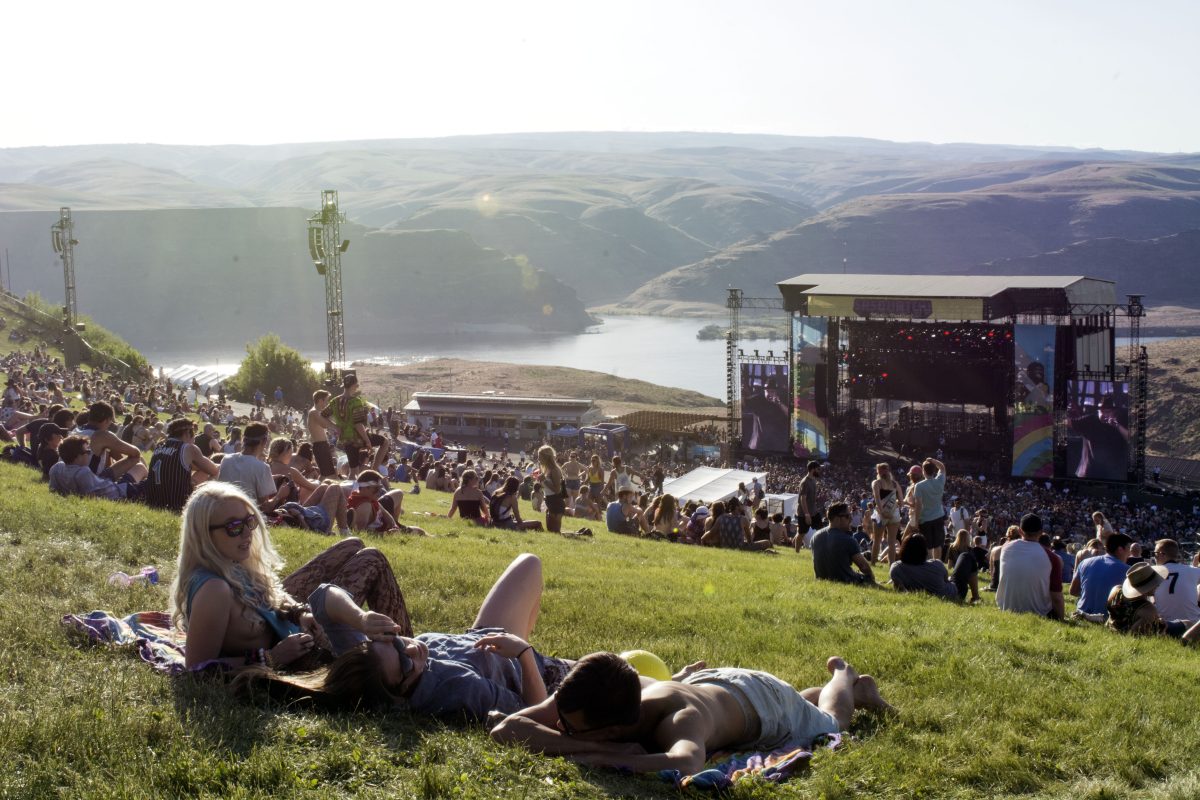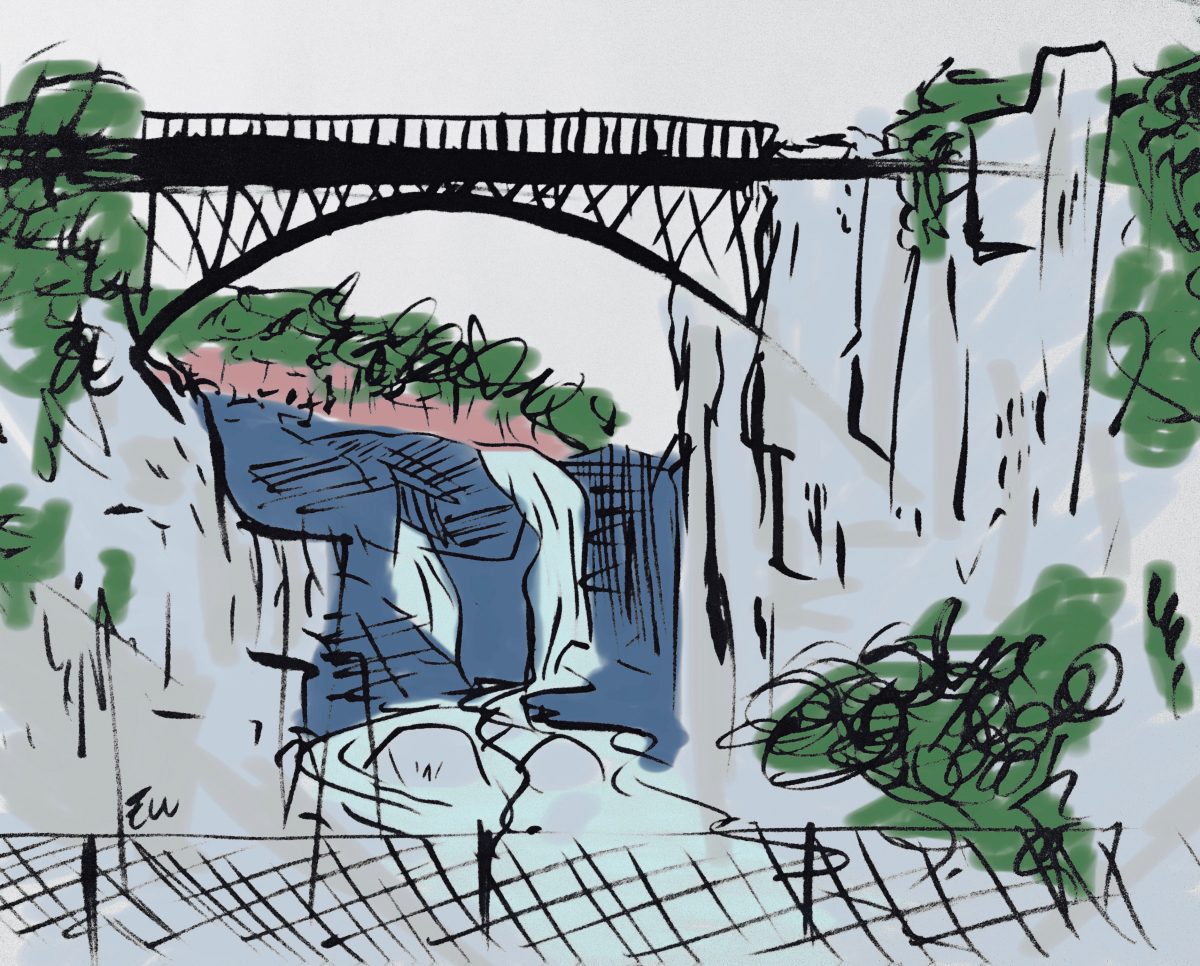As the sun comes out on any given day, you can find people swarming any of Eugene’s seven skate parks, coasting in and out of the giant bowls, shooting off ramps, or just cruising down a hill. But if you take a good look at who is there, you’re likely to notice one big thing: there are a lot of men.
Eugene is representative of the bigger issue of only a sprinkling of women in a testosterone-dominated sport. According to the Public Skatepark Development Guide supported by the Tony Hawk Foundation, only 16.6% of all core skaters are female. However, female skaters refuse to let the norm shadow their desire to plant their feet on their boards and feel the wind against their face. In fact, they hardly take the time to notice, as they’re too focused on becoming one with the four wheels and slender wooden deck carrying them through the curves of the streets.
The overwhelming sensation that comes from kicking off from the ground and gliding across smooth pavement is “freeing.” As though while they’re bombing down a hill, they’re untouchable by any other issues or fears, besides whether they will have to bail off their boards at the end.
To Kelly Gehlen, a better word to describe the feeling is “invincible.”
Gehlen’s first glimpse of skating was when a new park went up in her neighborhood. After watching her older brother skate, she made her dad buy her a skateboard. Her first takeoff was sitting on the board, riding the curves of the bowls with no control. She was 6 years old.
“I had no fears at all,” she says. “I’ve always just been fearless like that – I used to go cliff-diving and stuff.”
Coming from the coast of San Francisco, Gehlen found herself missing the everyday rush of waking up and riding the surf. So when she moved to Eugene for college, she had to skate twice as much to fill the void. She took her fearlessness to the streets and sought out to conquer some tough rides.
“There’s this one curve. It’s such a sharp turn and the odds of you making this turn on your board are very slim,” she says. “So I put on ASAP Ferg, and I was skating around with my roommates. And I hop on the board, and I crouch down, and I made the turn! And it felt so cool! But 20 seconds after that, I flipped off my board and landed on my back.”
This is the free feeling that comes with skating: the freedom to fall off; the freedom to try something new; the freedom to do it with friends or by yourself.
“I don’t need anybody to skate. You can do it alone,” says Samantha Sandoval, who started skateboarding last summer. “So I just built up the courage to go because everyone’s doing their own thing.” Sandoval says she first picked up the board because she needed a new hobby, and it has since evolved into an activity she loves. “It’s something so simple that can bring so much joy.”
This joy for Sandoval has also come from her encounters with other skaters. Although she is typically one of only a few women at the skate parks, she has always been greeted with encouragement to keep skating by everyone there. “When I’ve been out at the skate park, people have been like, ‘Oh whoa, there’s a girl here. Rock on, shred!’ And been happy that I’ve been there,” Sandoval says.
She understands, though, from interactions with other female skaters in person and on skating blogs, that her experience is rare. Under the popular skateboarding subreddit, shreddit, there are often posts asking why there aren’t as many women skaters. While there are some positive responses, these threads are more often met with comments like, “I think it’s their center of gravity. Since boobs and ass change your center of gravity maybe it makes some aspects [of skating] more difficult,” and “I don’t think most skaters think that girls suck, it’s just like in any sport they can’t compete on the same level as men.” It is due to comments like these that many times, female skaters feel as though their skating is invalidated.
“I definitely sometimes feel like people look at me kinda funny like, ‘Oh just a chick skater, she can’t really skate,’” says Gehlen. “But, I can.”
In the end, though, Gehlen says it’s really not about the other people around her, or what others think. “[It’s about] getting to be me, in every single way possible,” she says. “I get to put on my music. I wear what I want. I go where I want. I do what I want. It’s 100% all up to me, and I don’t have to worry about what other people are doing or what I have to do later… it’s all 100% me.”
Gehlen skates often in Eugene to curb her adrenaline she misses from when she surfed back home in California. She used to surf every day, but now she skates twice as much to feel that wind in her hair.















